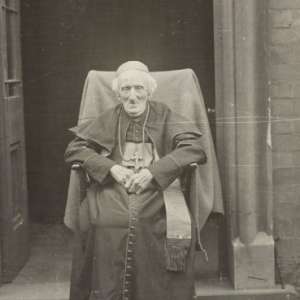
There are very good reasons why the German philosopher, theologian and biblical scholar Friedrich Daniel Ernst Schleiermacher (1768-1834) is one of the scholars who is included in the well-known series Makers of the modern theological mind.1 Of this series, the editor Bob Patterson writes on the back cover:
Who are the thinkers that have shaped Christian theology in our time? This series tries to answer that question by providing a reliable guide to the ideas of the men who have significantly charted the theological seas of our century.
Leaving the unquestioned sexist note on 'the thinkers that have shaped Western Christian theology … (as - DV) … the ideas of men' by Patterson aside for the moment, I turn to Schleiermacher who has shaped Western Christian theological reflection in our time in many ways. He has indeed significantly chartered the Western theological seas of our century as Patterson puts it. In my engagement with Schleiermacher, I will focus only on one concept - in my mind a very important concept - that he has influentially utilised in the 19th century for our wide-ranging interpretations of religious experience. This concept is, namely, the 'feeling of absolute dependence' (Gefühl der schlechthinnigen Abhängigkeit). Before I turn to a brief account of his understanding and exposition of the concept that I have chosen as the focus for the article, a few introductory remarks should suffice to sketch in broad outlines the hermeneutical-theological context of his contribution










































